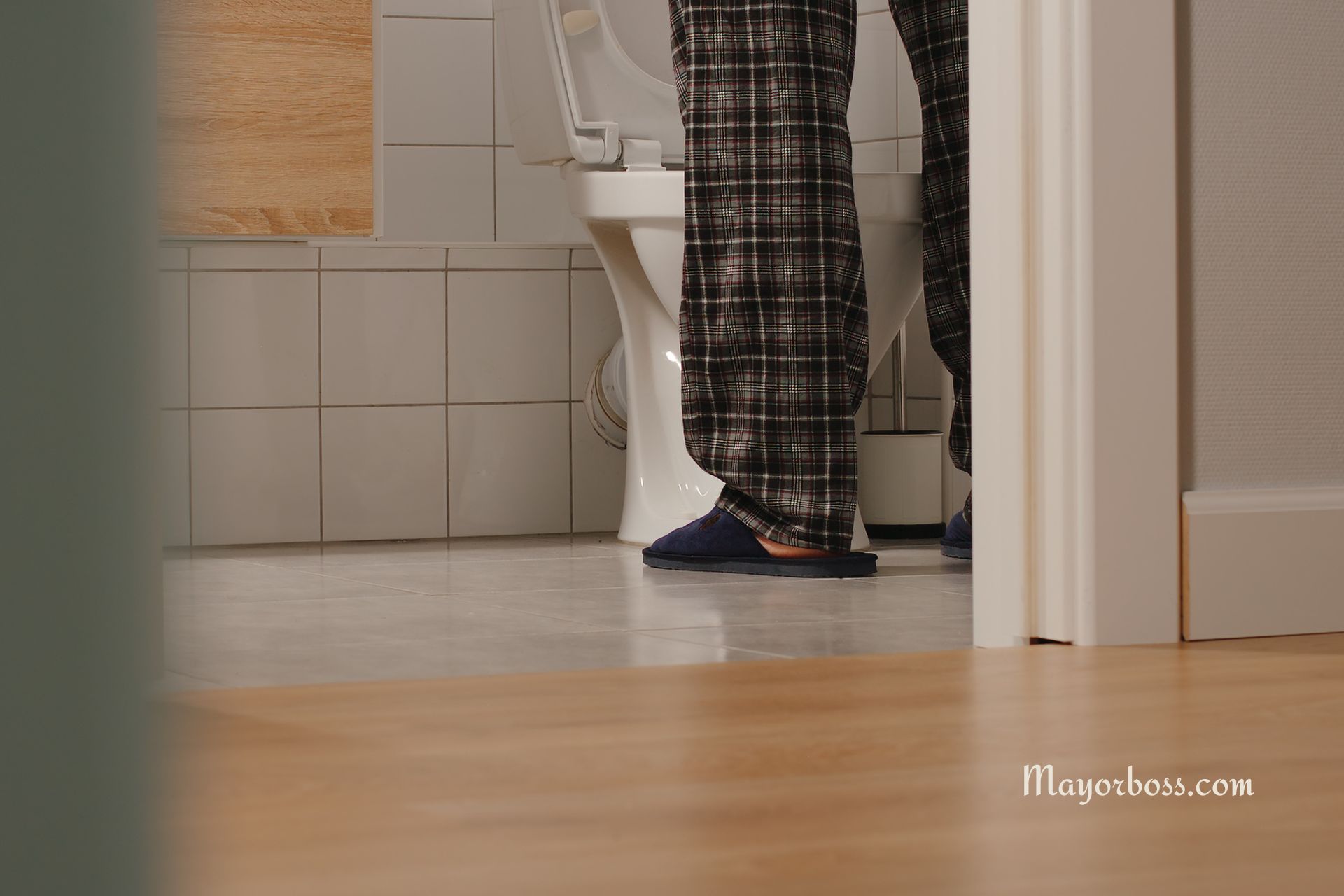How Often Is It Normal to Urinate at Night?
Waking up during the night to urinate can be a common occurrence for many people. However, the frequency that is considered normal can vary based on several factors, including age, fluid intake, and underlying health conditions. In this article, we’ll delve into what’s typical, what might not be, and when you might want to consult a healthcare professional.

What is Nocturia?
Nocturia is the medical term used to describe the need to wake up during the night to urinate. For most adults, waking up once or even not at all is generally considered normal. However, waking up two or more times per night on a regular basis might indicate nocturia.
Factors Influencing Nighttime Urination
Several factors can influence how often you need to urinate at night, including:
- Fluid Intake: Drinking large amounts of fluids, especially in the late evening, can lead to more frequent urination at night.
- Age: As you get older, you may notice an increase in nighttime bathroom trips. This change is partly due to natural changes in your body’s bladder capacity and the production of a hormone that helps concentrate urine while you sleep.
- Medications: Certain medications, especially diuretics used to treat high blood pressure, can increase urine production and lead to nocturia.
- Underlying Health Conditions: Conditions such as diabetes, urinary tract infections (UTIs), bladder disorders, and prostate issues in men can increase the frequency of nighttime urination.
What’s Considered Normal?
While there’s some variation in what’s considered normal, generally, waking up to urinate 0-1 times per night is typical for most adults. If you find yourself waking up two or more times regularly, it might be worth looking into.
When to See a Doctor
If nocturia is affecting your quality of sleep or you’re experiencing other symptoms such as pain during urination, excessive thirst, or unexplained increases in nighttime urination, it’s a good idea to consult a healthcare provider. They can help identify any underlying issues and recommend appropriate treatments.
Tips for Reducing Nighttime Urination
Here are a few strategies you might find helpful:
- Limit Evening Fluid Intake: Try to reduce the amount of fluids you drink in the 2-3 hours before bedtime.
- Monitor Your Diet: Avoid foods and drinks that are known diuretics, like caffeine and alcohol, especially later in the day.
- Elevate Your Legs: If leg swelling is a problem, elevating your legs in the evening can help reduce the amount of fluid that needs to be processed by your kidneys overnight.
- Schedule Bathroom Visits: Try going to the bathroom right before bed to empty your bladder as much as possible.
Conclusion
Waking up once or not at all during the night to urinate is generally considered normal. However, if you find yourself waking up frequently, it could be a sign of nocturia. Fortunately, by adjusting your evening habits and consulting with a healthcare provider, you can find ways to reduce the impact of nocturia on your life.
Frequently Asked Questions
- Can drinking less water help reduce nocturia? While it might seem logical, it’s essential to maintain proper hydration for overall health. Instead, focus on reducing fluid intake in the hours leading up to bedtime.
- Does nocturia indicate a serious health problem? Not always, but it can be a symptom of underlying health issues. If you’re concerned, it’s always best to consult with a healthcare professional.
- Can exercises help reduce nocturia? Yes, pelvic floor exercises can strengthen the muscles around your bladder and improve bladder control, potentially reducing the frequency of nocturia.
